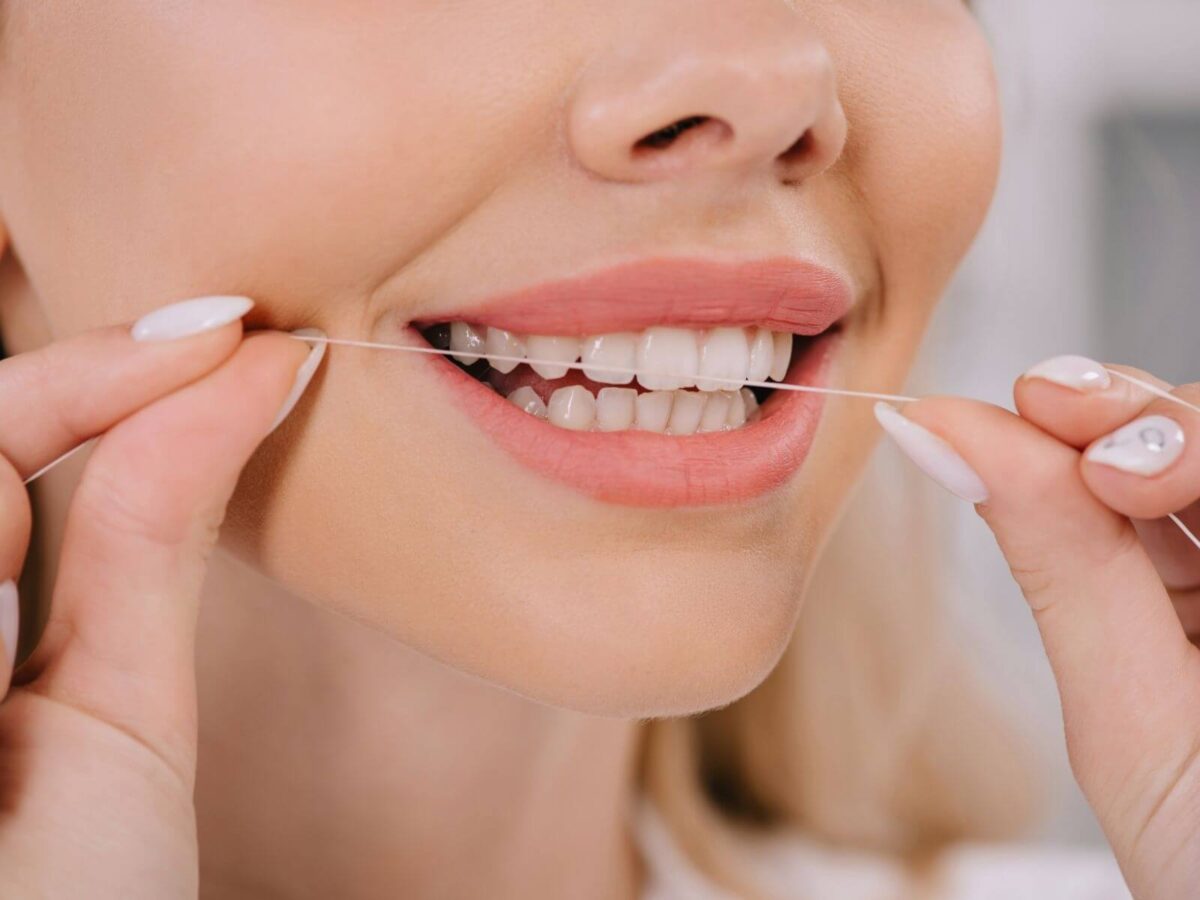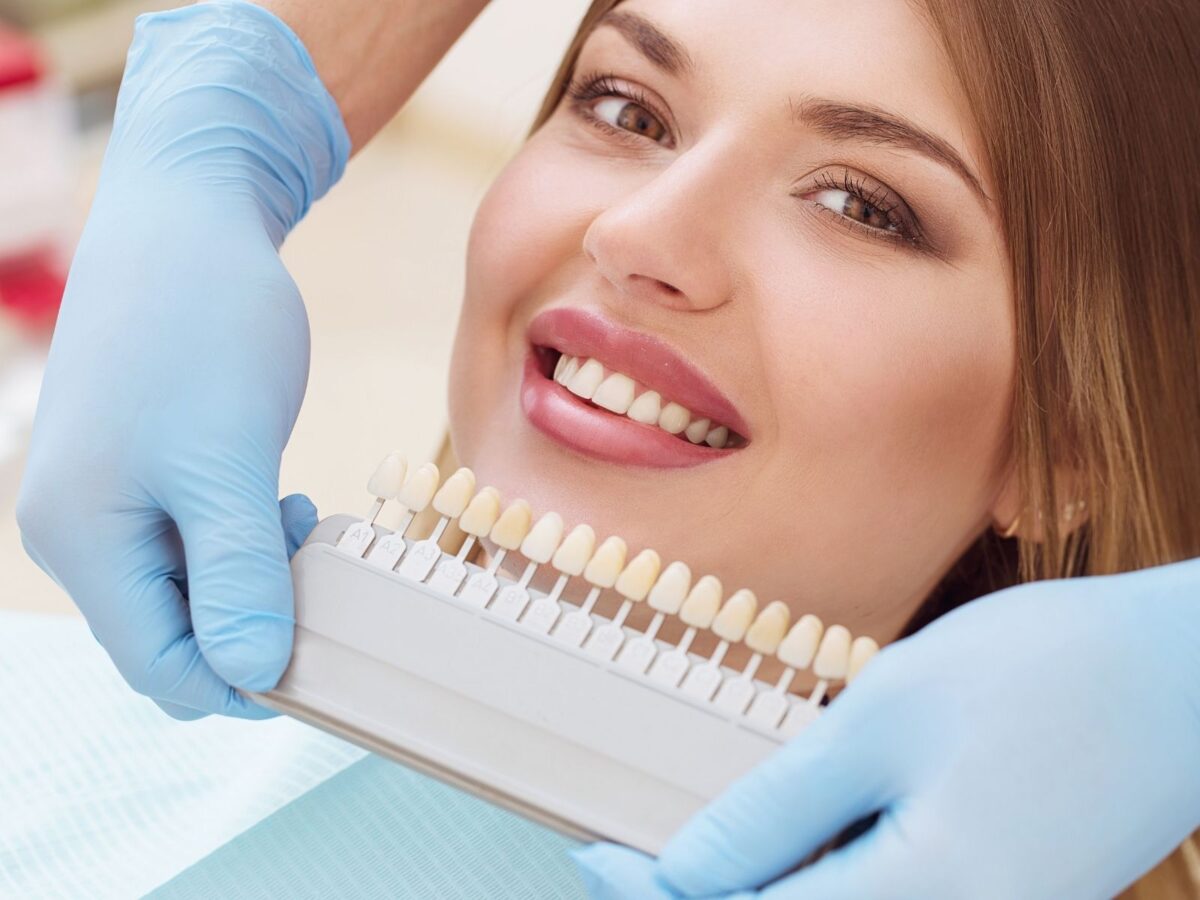If you, too, wonder, “Why do I see bleeding gums while flossing?” Relax; you are not the only one going through this.
Bleeding during flossing is a common tooth problem. It is caused by an inflammatory response caused by mouthfuls of germs generated by tartar and plaque between teeth and gums.
Why Should You Worry About Bleeding Gums While Flossing?
Many flossers experience some bleeding. Continuous bleeding may suggest early periodontal disease, which produces gingivitis and gum tissue irritation at the tooth bases. Huge gaps between teeth and gums, gathering germs, cause this deadly disease.
Ignoring therapy could damage soft tissue and infect bone tissue, therefore increasing the likelihood of tooth loss. Apart from increasing the chance of tooth loss, your dental condition significantly influences your immune system and general health. Periodontitis can lead to diabetes, heart disease, and stroke, therefore reducing your life expectancy.
Key Reasons for Bleeding Gums
The following could be the causes of bleeding gums:
- Inappropriate or harsh flossing techniques can result if you are not used to flossing routinely.
- Poor diet, especially lack of vitamin C, causes bleeding gums.
See a doctor if you find your gums bleeding following a new medicine you started. - Ignoring daily brushing and flossing can cause tartar and plaque, worsening gingivitis.
- Pregnancy hormones can inflame and irritate gums. Good brushing and flossing will assist bleeding gums brought on during pregnancy.
- In sensitive people, smoking and various medical diseases can raise the risk of gingivitis and periodontitis. These disorders cover diabetes, drug misuse, HIV infection, autoimmune diseases, and stress. It is noteworthy that some smokers with major periodontal disease will not bleed at all.
How Should One Floss With Bleeding Gums?
Your gums will bleed if you have just started flossing, as the motion is unfamiliar. Keep on and after regularly flossing for a few days, it should be good. Remember that consistent flossing preserves general oral hygiene.
For the best gum cleaning, choose a good-quality floss. It goes to all the difficult-to-reach areas to clear plaque buildup, which is mild on your gums and slips between the teeth. To remove food residue or plaque from your teeth, carefully floss them using enough pressure.
Ensure it contacts each tooth’s side. Be extremely cautious when flossing, and avoid repeatedly flossing in the same place. Once your gums have adjusted to flossing, you can feel better.
How to Stop Gums Bleeding While Flossing
Your gums are bleeding, so avoid brushing, which could aggravate your dental situation. Food and bacteria can hang on teeth without flossing, leading to gum disease and cavities.
Improved oral hygiene, lowering the chance of gum disease, or taking care of a deeper problem can stop bleeding gums while flossing. Dental professionals will provide guidance on the most effective method.
Technique Improvement
If you’re flossing too roughly or not enough, your dentist will show you how to floss properly. Daily flossing before or after brushing is advised. Pull 30-45 cm of floss and wrap it around both middle fingers to floss properly with ordinary dental floss.
Hold the floss between your thumbs and index fingers and carefully move it between your teeth. Clean each tooth’s sides and tuck the floss under the gum line. Repeat for all teeth on a new section of floss, discarding it.
Try Alternatives
San Antonio Dental Office TX may suggest gentler flossing options if you struggle. These include dental tape, which is a thicker, gum-friendly floss. Disposable pre-threaded flossers make flossing easy for novices. Fine brushes clean between teeth.
A water flosser is a portable tool that mists teeth with water. Reusable silicone floss, bees’ wax, silk floss, and biodegradable bamboo can help reduce plastic waste. Steer clear of metal floss, toothpicks, or sharp tools—all of which can harm your teeth and gums—between your teeth or when removing stuck food.
Improve Hygiene
Besides flossing, brushing prevents plaque and gum disease. Brush with a gentle toothbrush and fluoride toothpaste twice daily. Your dentist might advise sensitive teeth or gums using sensitive toothpaste. To further reduce oral bacteria, they could also advise mouthwash.
Treat Disease:
Your dentist will propose therapy depending on the severity of the signs of gum disease. Good everyday oral and dental clinic hygiene treatments can reverse gingivitis, a moderate gum disease.
Periodontitis calls for more extensive periodontal treatment. It could involve sick areas, gum or bone tissue regeneration, scaling, and root planing to eliminate tough plaque and tartar under the gum line.
Other Tips:
- Eat additional vitamin C and K-rich foods or take supplements.
- Talk to your doctor about medical treatment or drug changes.
- Wear a sports mouthguard to protect teeth and gums.
- Give up smoking and avoid stress.
Conclusion
Your dentist could recommend more frequent visits to support oral health. Ask your dentist about your teeth or gums, or make an appointment. Call us now if you see bleeding gums while flossing.



